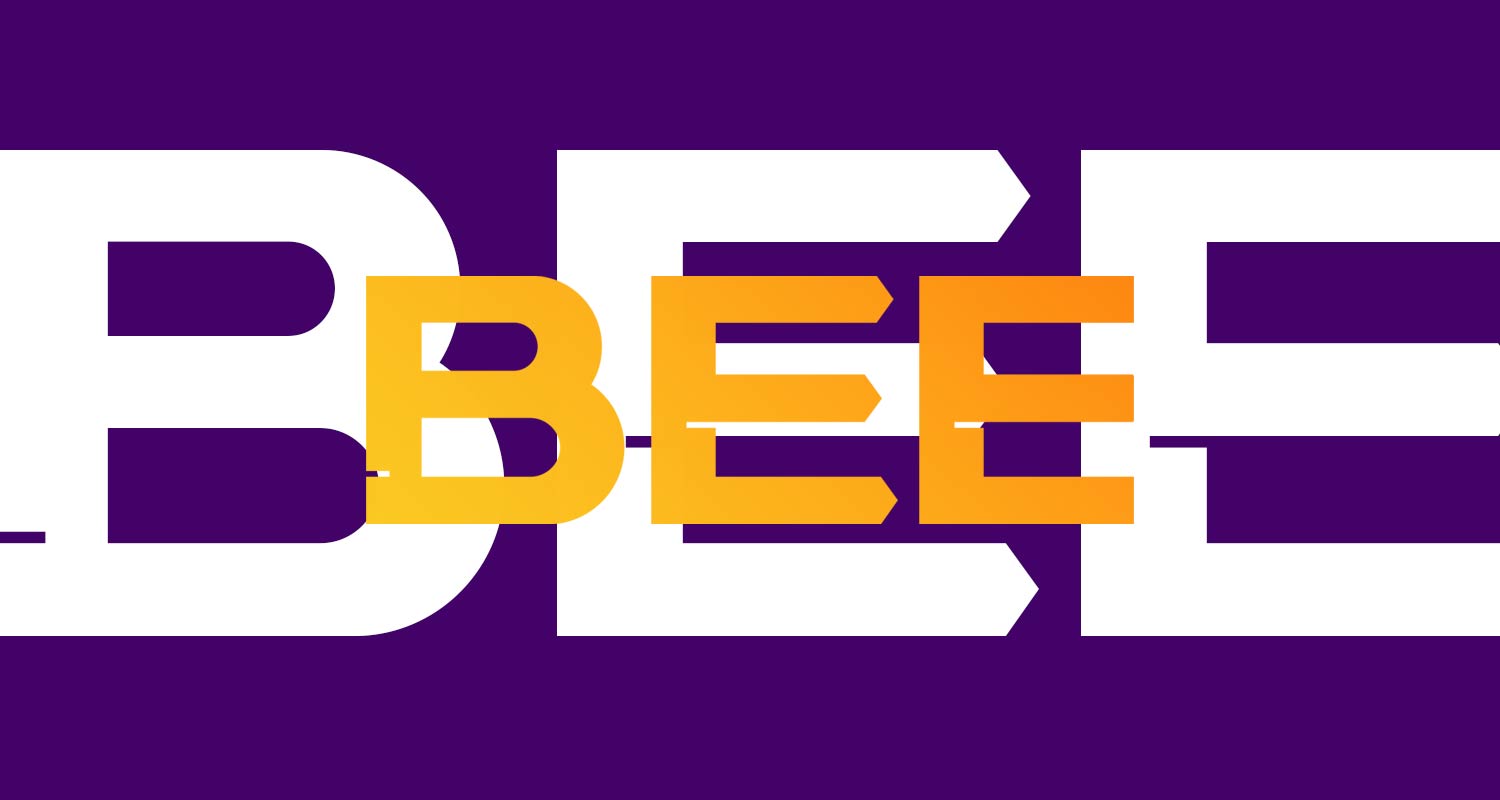In the 20 years that broad-based black economic empowerment (B-BBEE) policy has been in place, South Africa has seen several amendments and additions to the legislation surrounding the policy, and yet the country remains one of the most unequal societies in the world.
According to the World Bank, the top 10% of South Africa’s population receive 58% of the country’s income and the remaining 90% of the population earn only 10%.
This is precisely what B-BBEE was meant to combat, but the statistics prove that this is a failing initiative.
Income within the black population group had an average Gini co-efficient of 0.59 the entire time B-BBEE has been in place, and this went up to 0.63 in 2024, according to the Institute of Race Relations. A co-efficient greater than 0.4 indicates a big income gap, and anything over 0.5 indicates severe inequality.
At the same time, an analysis done by Insight Actuaries, a leading health-care actuarial advisory company, makes it clear that our economy should be at least 50% larger in real terms. In 2008, we were on track with the rest of the world’s growth, but South Africa dramatically underperformed compared to the rest of the world and our peer group of middle-income countries in long-term economic growth over the next decade. The statistics show that over the 2009-2022 period, South Africa performed fourth worst in economic growth out of the 49 upper-middle-income countries.
Stark facts
“Our economy should be at least 50% larger by now if we had followed the rest of the world’s growth, and even more if we followed other middle-income countries’ growth,” Barry Childs, co-CEO of Insight Actuaries and Consultants, wrote recently. “Acknowledging the correlation/causation issue, employment elasticity for South Africa is around 50%. This means, if our economy was 50% larger, we would have had 25% more jobs. The Q2 2024 labour force survey estimates 16 million employed which means by now we could have had another four million employed South Africans, which would have halved our unemployment rate from 33% to 17%.”
Despite these stark facts, the ANC has continued to double-down on B-BBEE, most recently imposing yet more demands on employers. In April, President Cyril Ramaphosa signed the Employment Equity Amendment Act into law, paving the way for the release of regulations to impose strict new racial quotas on employers of more than 50 people, while companies employing more than 50 people have their own requirements to meet to be B-BBEE compliant. Among these are the need to ensure the compliance of suppliers and partners, as well as skills development.
Read: Corporate South Africa: don’t make these AI mistakes
Many companies have found these requirements onerous, leading to so-called “fronting”, through which businesses earn points in the category of black ownership by inflating their scores via falsely listing black people as managers. Others, who have followed the hard path to genuine B-BBEE level-1 accreditation, are finding that they face a new challenge in staying at that level.
 The B-BBEE requirements are designed in such a way that a company has to continue growing aggressively to maintain B-BBEE level-1 status, which is impossible for any organisation, especially in South Africa’s current economic climate. Even with existing B-BBEE measures in place, businesses will drop to level 2 or even level 3 without continuously adding employees and accredited suppliers to their operations, or even worse, a company must retrench existing staff and fill those positions which satisfy a particular population grouping at that point in time. Considering this, it’s easy to see why fronting is so prevalent, and why hundreds of large organisations fail to submit their empowerment data to the B-BBEE Commission.
The B-BBEE requirements are designed in such a way that a company has to continue growing aggressively to maintain B-BBEE level-1 status, which is impossible for any organisation, especially in South Africa’s current economic climate. Even with existing B-BBEE measures in place, businesses will drop to level 2 or even level 3 without continuously adding employees and accredited suppliers to their operations, or even worse, a company must retrench existing staff and fill those positions which satisfy a particular population grouping at that point in time. Considering this, it’s easy to see why fronting is so prevalent, and why hundreds of large organisations fail to submit their empowerment data to the B-BBEE Commission.
Read: There’s more to the skills crisis than emigration
Submitting empowerment data is a fundamental requirement embedded in the B-B-BEE Act, and listed companies are also required to disclose their black empowerment status in annual reports. Unfortunately, fewer and fewer organisations are reporting their B-BBEE status. In its 2022 report, the commission indicated that data upload levels decreased by 76%, across both organs of state as well as private companies, and in the same year, only 141 of about 400 listed companies submitted an annual report.
This is an indicator of the economic performance of South Africa. In many cases, companies are fighting just to stay alive. This boils down to my primary concern: B-BBEE is not working; even worse, we are suffocating the economy at the same time. All the above statistics speak for themselves, and the statistics are derived from different sources yet point to a similar problem.
I want to make it very clear that I believe that B-BBEE is essential, but when do we stop applying the regulation to compliant companies? It is impossible for any company in South Africa to compete in a global market with such stretch targets continually being loaded onto the strategic plan.
‘Naming and shaming’
Tshediso Matona, head of the B-BBEE Commission, recently said that he hoped to enhance company incentives for compliance while “naming and shaming” and possibly fining those that fail to submit the reports. Among the measures mentioned by Matona were incentives focusing on increasing recognition for companies that invest in skills and enterprise development. Matona is spot on here – the regulations must apply to all, but like our failing police service, we are very bad at policing or managing outcomes from regulation.
I believe that skills development and absorption are the only two items that will truly bring broad-based empowerment to South Africa. Unfortunately, it’s not really possible to grow jobs without growing the economy, and B-BBEE has achieved the opposite.
B-BBEE in its current form has failed to produce the economic growth and job creation we need, but if the legislation allowed for a “once empowered, always empowered” approach, corporate South Africa could focus on growing the country’s skills base and the economy at the same time.

If a South African company has reached a level-1 accreditation over three consecutive years, then the company should be declared “empowered”. Just think of those companies that have only focused on being empowered by selling or discounting their shares to new black shareholders. These shares become encumbered and the new black shareholders do not really have tradeable shares in order for their investment vehicle or company to retain the B-BBEE accreditation.
Instead of trying to constantly get their B-BBEE boxes ticked, companies would have the freedom to invest in the areas where they could make the biggest impact. After two decades of stagnant growth and rising levels of inequality, it is time to revise how we approach broad-based empowerment and start focusing on creating a real, positive change.
- The author, Richard Firth, is CEO of MIP Holdings
Get breaking news from TechCentral on WhatsApp. Sign up here


